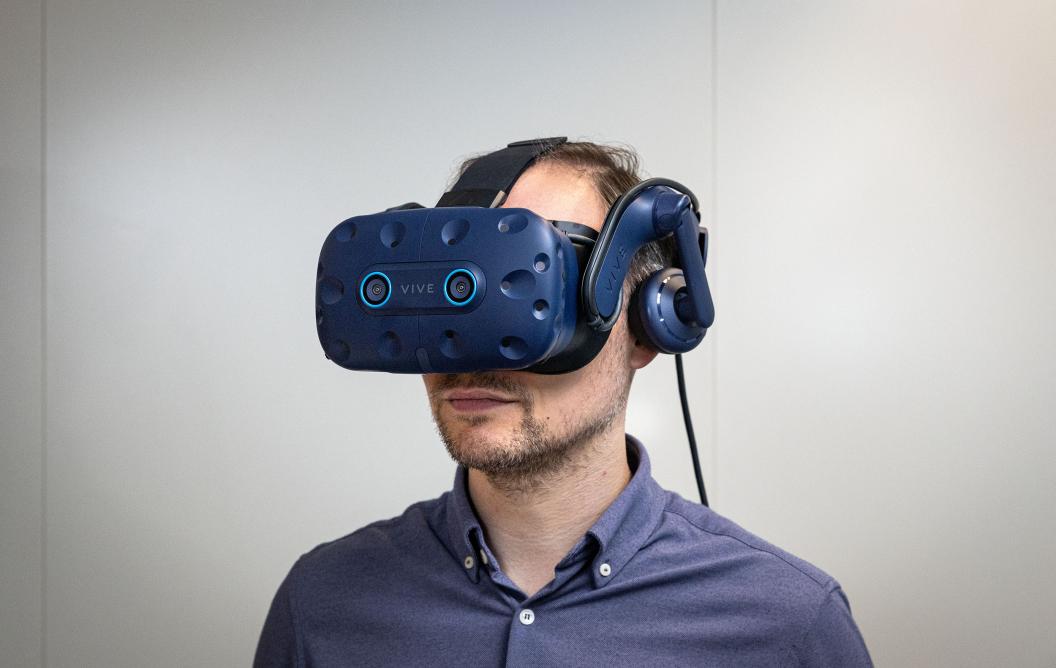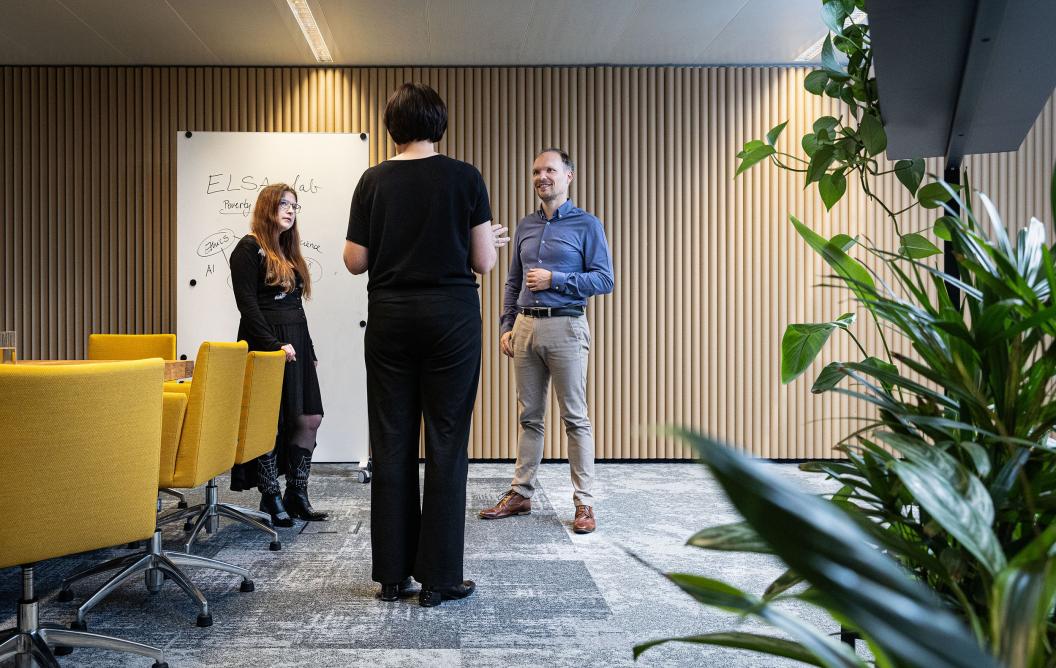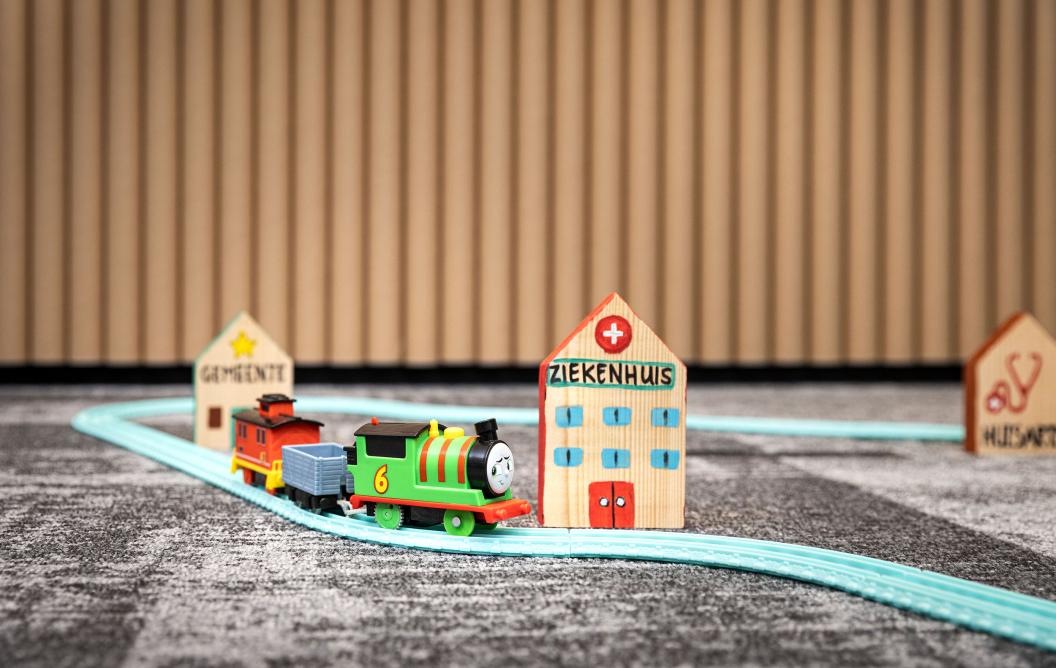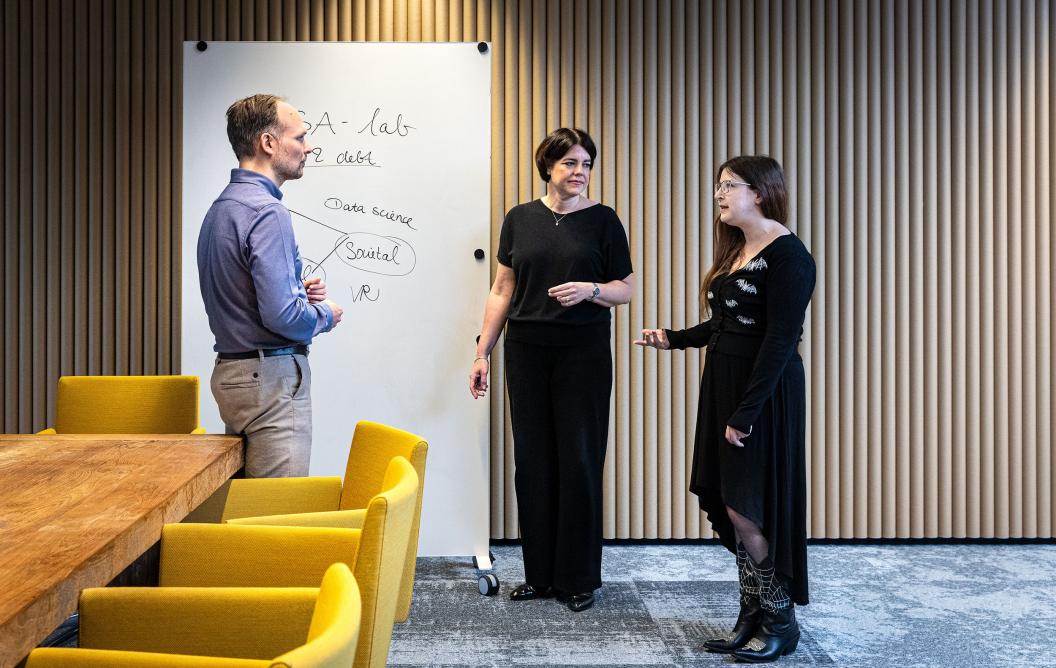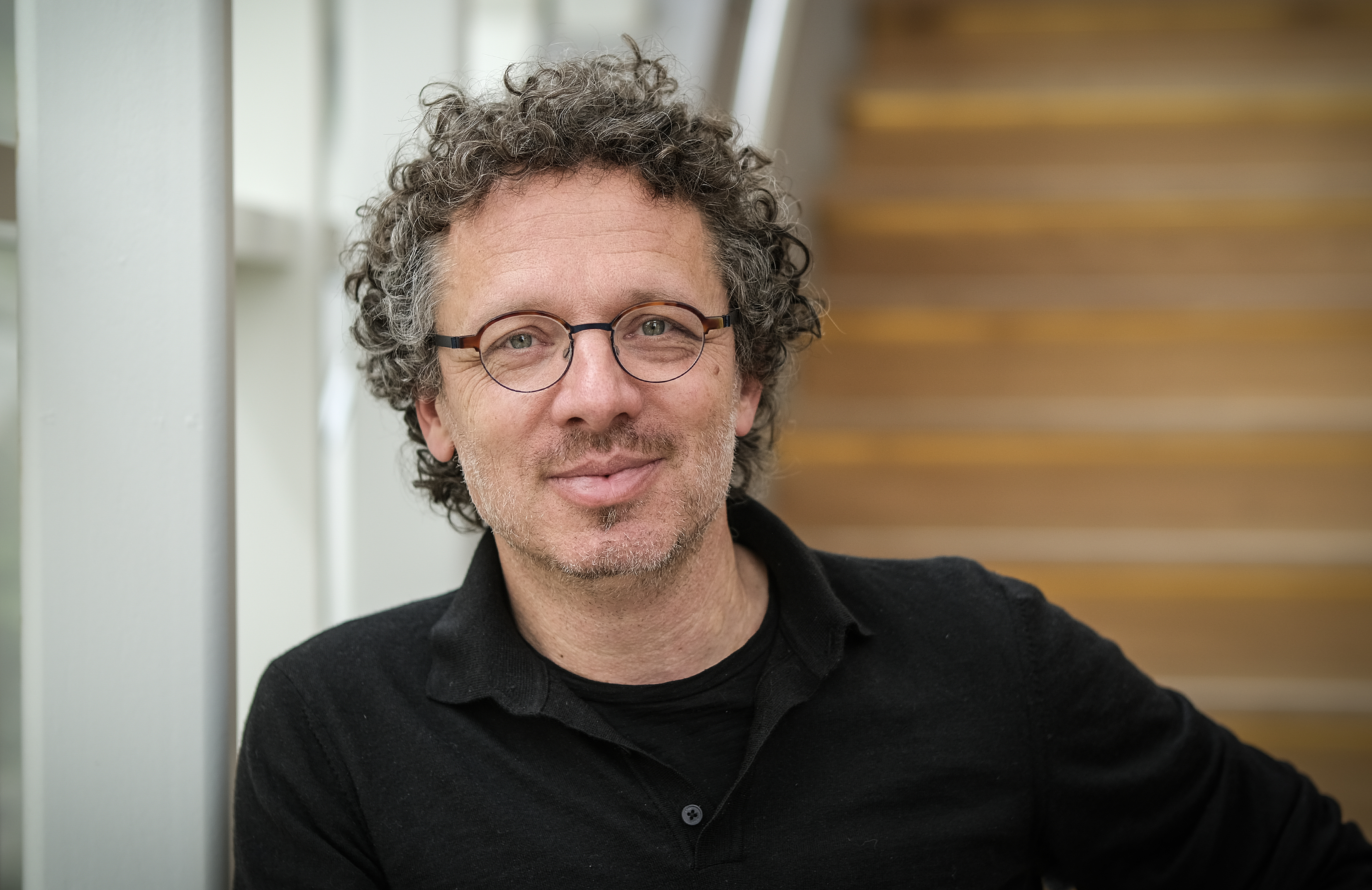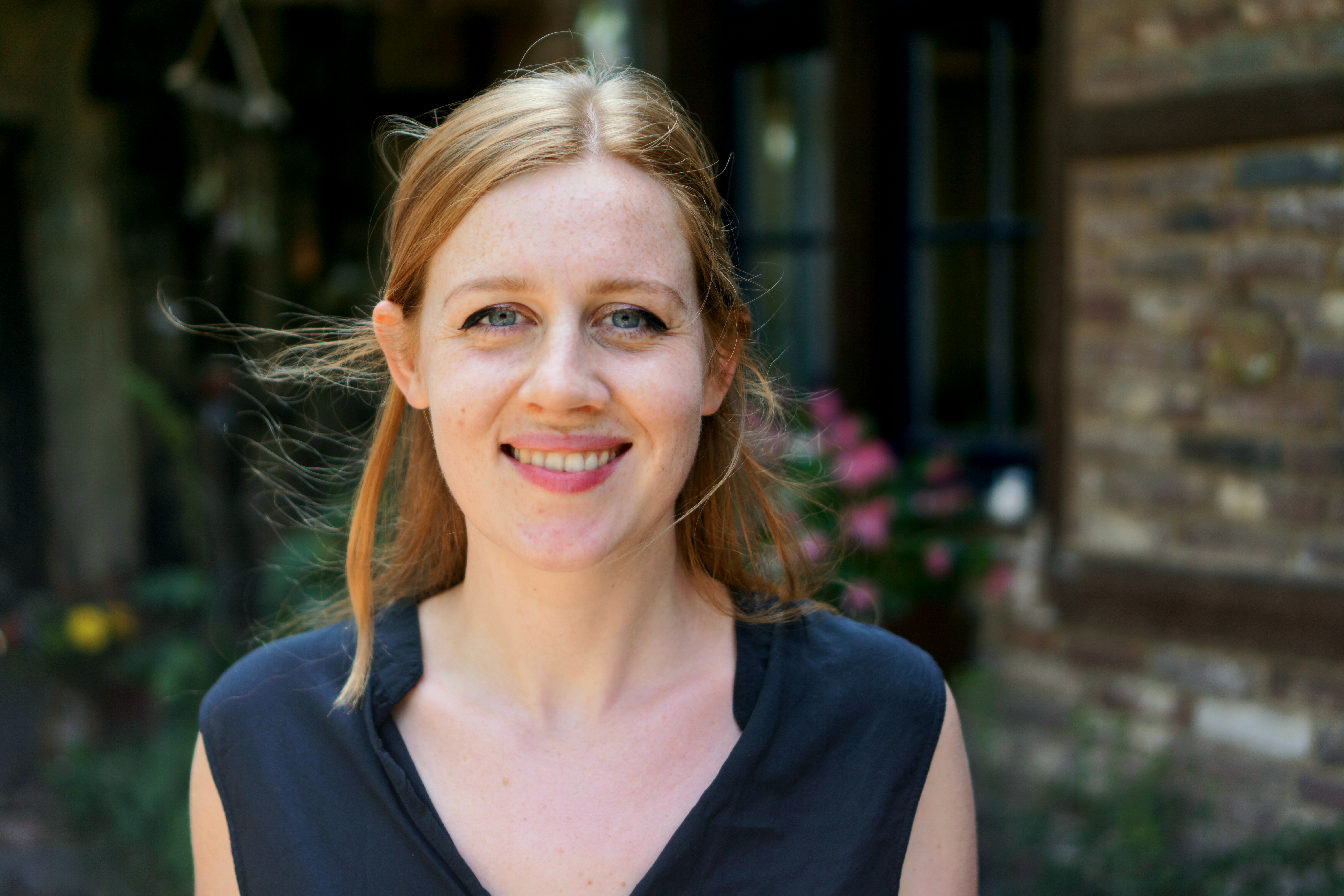ELSA Lab uses artificial intelligence to combat poverty and debt
More and more Dutch people are struggling with debt and poverty. And just as you don’t put a band-aid on a broken leg, you can’t solve the problems of debt and poverty by helping one individual at a time. Genuine change calls for a systematic approach, which is where the ELSA Lab for Poverty and Debt—part of Maastricht University’s Brightlands Institute for Smart Society (BISS)—comes in. Take a look behind the scenes with researchers Cassy Juhasz, Johan van Soest and Lisa Brüggen.
“The ELSA Lab aims to tackle poverty and debt through the responsible use of technology and artificial intelligence,” says Brüggen. “We’re supported by a subsidy from the Ministry of the Interior. And because you can never achieve a goal like this alone, we collaborate with many different partners. The municipality of Heerlen—one of the poorest in the Netherlands—serves as a testing ground for our research.”
Juhasz comes from Heerlen herself, and knows what it’s like to contend with poverty and debt. “The municipality of Heerlen has a programme that enabled me to study at UM, and when I graduated, my debt was forgiven. My personal experiences give me a great understanding of the topics of poverty and debt reduction. I see my work for the ELSA Lab as an opportunity to give something back to my hometown.”
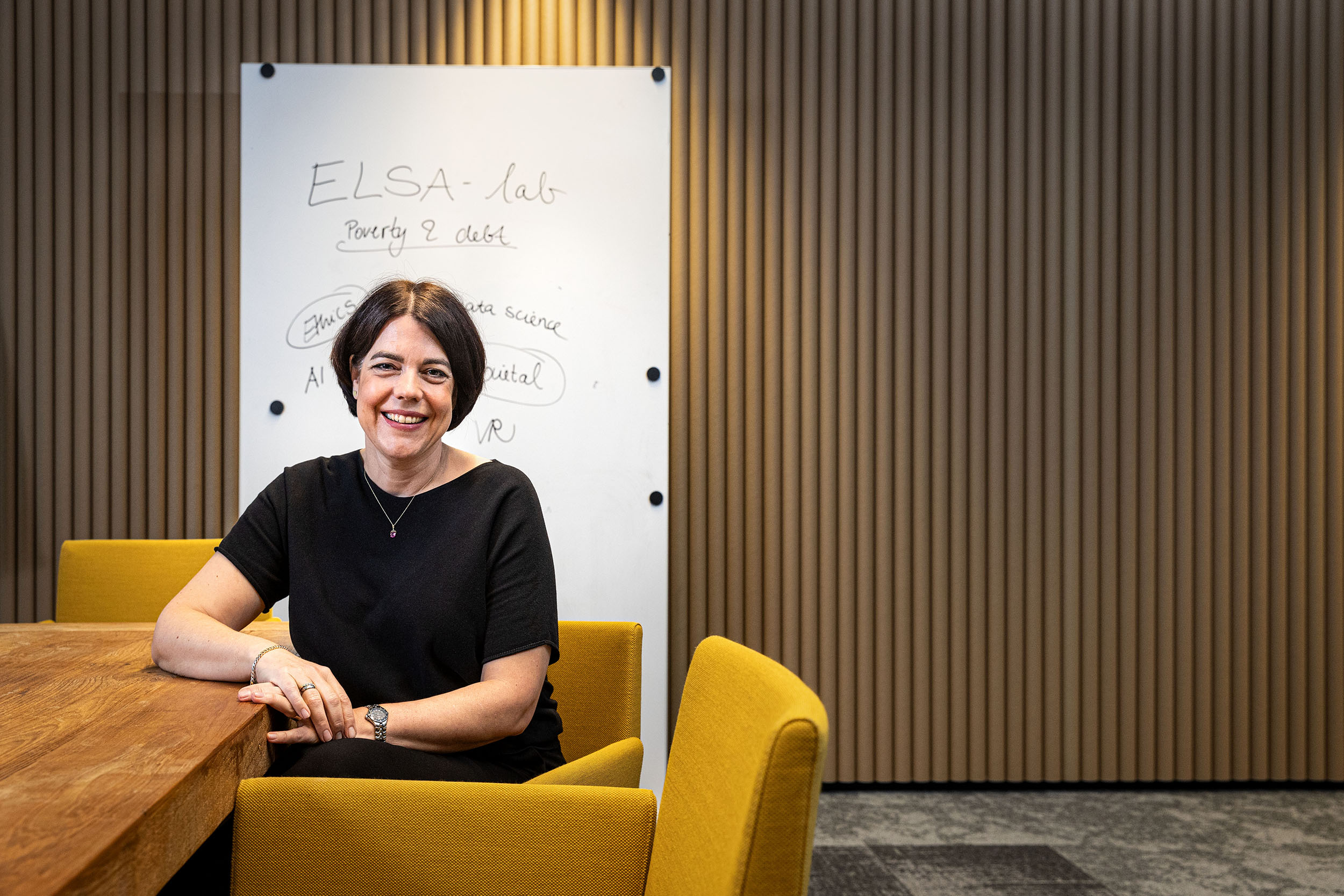
Lisa Brüggen is principal investigator at BISS and professor of Financial Services at the School of Business and Economics. She is internationally recognised for her expertise in financial services, financial behaviour, choice guidance and pension communication. In addition, she is director of the Network for Studies on Pensions, Ageing and Retirement (Netspar), endowed professor of Pension Communication and Choice Guidance at Tilburg University (funded by the Gak institute) and a member of the Supervisory Board of the Dutch National Institute for Family Finance Information (Nibud).
Data science and artificial intelligence
ELSA stands for ethical, legal and societal aspects. “We investigate these different aspects for data analysis and AI applications, including the use of datasets and algorithms. Data science and AI offer all sort of opportunities, but you have to use them responsibly if you want to avoid major problems,” Juhasz says. “Just think of the childcare benefits scandal,” Brüggen adds.
The ELSA Lab investigates issues such as how early detection can help to reduce poverty and debt. “Municipalities have a legal duty to help residents with debts, so they receive automatic notifications from the authorities if residents fall behind on their rent or gas, water and electricity bills,” Van Soest explains. “We’d like to pinpoint when and how municipalities intervene. Is it after one month or three months? And do residents receive a text message, phone call or home visit?
“To find out which approach works best, we’re working on a research design. The idea is that all available data will be analysed using AI, which will then advise policy officers on the right time and the best way to address problems related to poverty and debt. It’s up to them whether or not to follow the advice—making decisions like that remains a job for humans.”
Better policy through virtual reality
The ELSA Lab is also investigating how virtual reality can improve policies for poverty and debt relief. “These policies are usually based on statistics and drawn up by policymakers who have no sense of what it’s actually like to struggle with poverty or debt,” Brüggen says. The researchers are working to develop a VR experience that will enable policymakers to experience for themselves what someone with financial problems is up against.
“The idea is to show just how much stress it causes, not only mentally, but physically, too,” Brüggen continues. “What if your daughter wants to go on a school trip, but you don’t have the money? Do you let her go, even if it means you can no longer pay your bills? Or do you choose otherwise? Policymakers will be able to feel for themselves what a dilemma like that does to a person—to the point of heart palpitations. Our hope is that VR will foster more understanding and empathy among policymakers, and that this will ultimately be reflected in the policies.”
The ELSA Lab brings various disciplines under one roof, which the researchers find very valuable. “We look at an issue from multiple angles,” Van Soest says. “What are the ethical, financial or technological consequences of certain choices? I find that incredibly interesting; you learn from one another and broaden your horizons. What’s more, it prevents tunnel vision.”
Text continues below the photos.
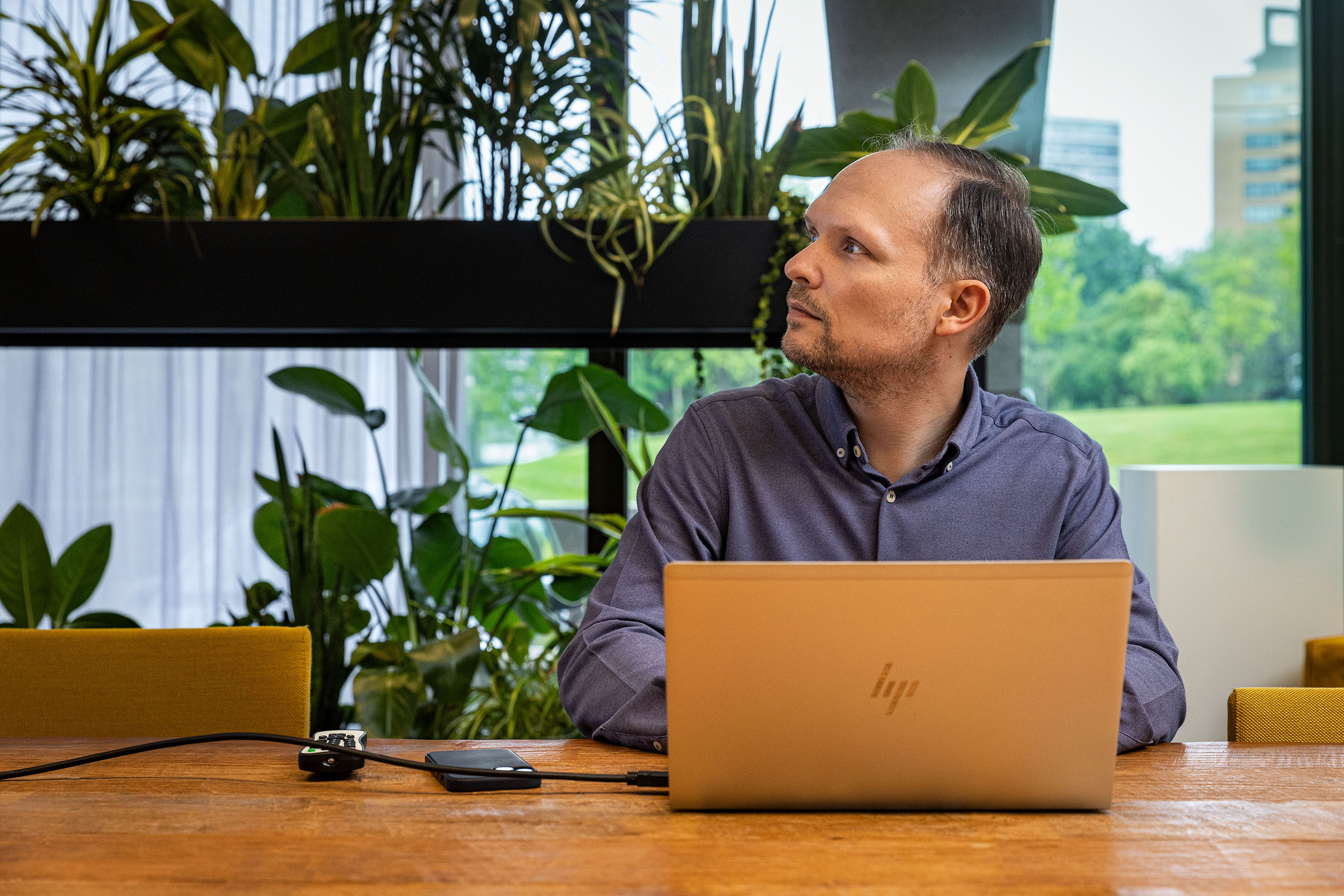
Johan van Soest, senior researcher at BISS, holds a master’s in Medical Informatics and a PhD in Clinical Data Science in Radiotherapy. He works on tools to make data more FAIR (findable, accessible, interoperable, reusable), develops FAIR descriptions of AI models and studies how to maintain privacy in machine learning across multiple data sources.
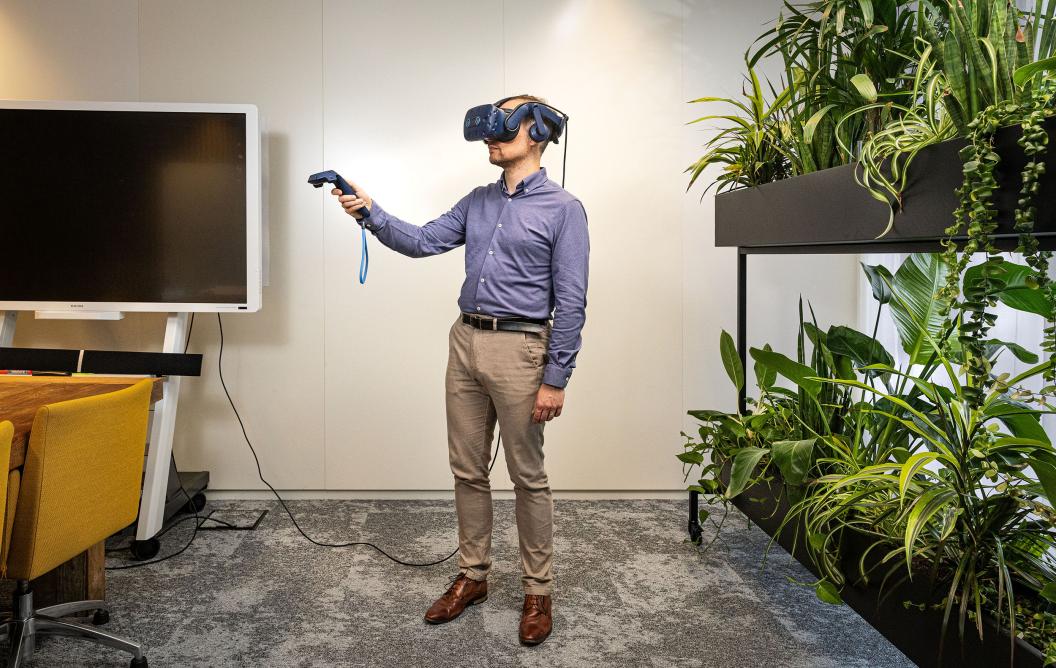
Click on the icon to watch all photos
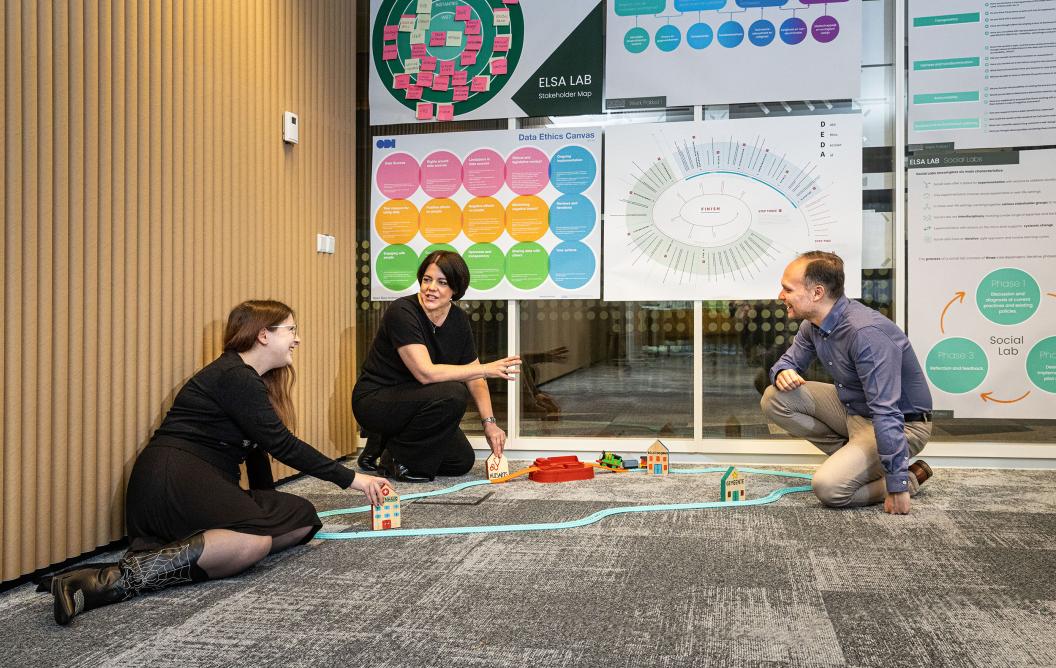
Click on the icon to watch all photos
Patience
All three agree that the research requires patience. Juhasz: “We’re starting locally, in the municipality of Heerlen, and taking small steps. If a project yields good results, we can roll it out to other municipalities. But it will have to be customised, given that every municipality is different. By involving residents at an early stage, we’re able to take their needs into account and ensure that the solutions we ultimately arrive at are accepted in society.”
When will the first results of the ELSA Lab be visible? “It’s not realistic to expect to see effects after just a year or two,” Brüggen says. “That’s why it’s important to celebrate interim victories and keep the long term in mind. It keeps us motivated and allows us to chip away at the major challenge of eradicating the problems of poverty and debt.”
Text: Martina Langeveld
Photography: Paul van der Veer
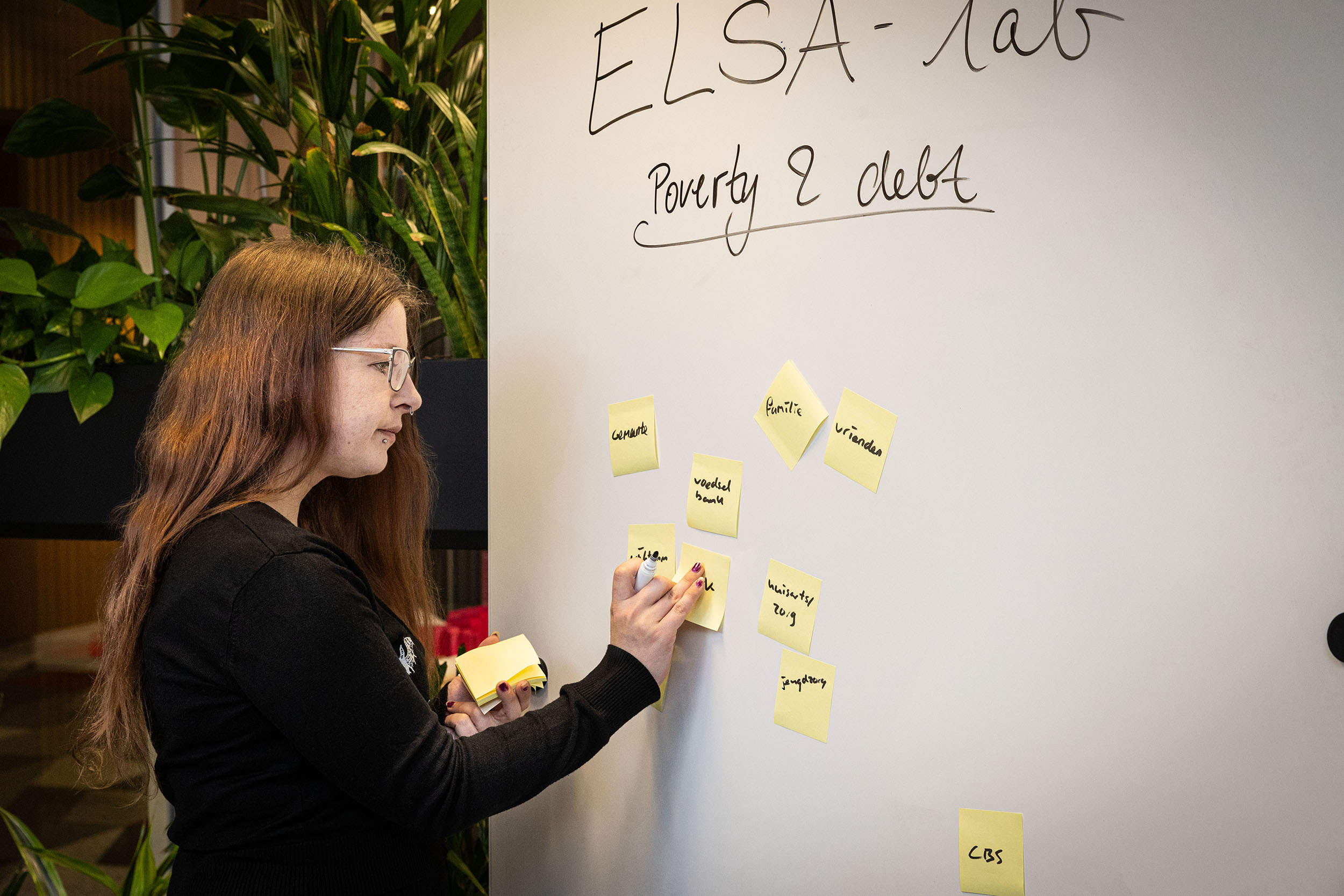
Cassy Juhasz is a PhD candidate at the Brightlands Institute for Smart Society (BISS). She holds a bachelor’s in Arts & Culture and a master’s in Cultures of Arts, Science & Technology from the Faculty of Arts and Social Sciences (FASoS). She now teaches at FASoS and conducts research at the ELSA Lab.
Also read
-
Drawing blood, inserting an IV, or looking into the ear; even seemingly simple medical procedures can cause anxiety, pain, and stress in children. According to pediatric intensivist Piet Leroy, comfort and trust are just as important as the medical treatment itself. Therefore, he is researching how...
-
Bas van Hooren conducted NUTRIM research on preventing injuries and on the future of personalized sports. He defended his PhD, June 17th.
-
How do people interact with each other on social media and other online platforms? How do they end up in conflict? And most importantly: how can we prevent these discussions from escalating? PhD candidate Maud Oostindie is researching these questions. On top of that, she is the new ‘Face of Science’...
